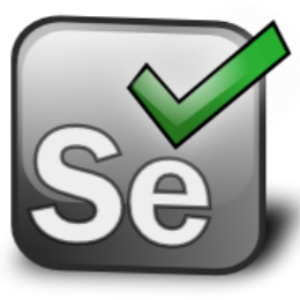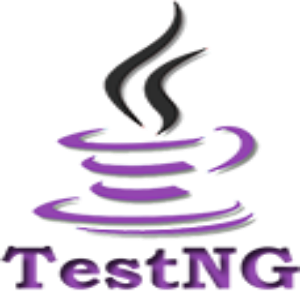TestNG Introduction :-
--> TestNG is a unit test framework designed for testing needs (developers / Test Engineers).
--> TestNG is an open source test automation framework, where NG stands for Next Generation.
--> TestNG inspired from Junit and Nuit but introduced some new functionalities, that made TestNG is more powerfull than Junit and Nuint frameworks.
--> It is designed to cover all categories of tests - Unit, functional, end-to-end, integration, regression, retesting etc.
--> TestNG allows users to do test configuration through XML files and allows them to include (or exclude) respective packages, classes, and methods in their test suite.
- WebDriver has no native mechanism for generating reports.
- TestNG can generate reports based on our Selenium test results.
- TestNG can generate the report in a readable format.
- There is no more need for a static main method in our tests.
- The sequence of actions is regulated by easy-to-understand annotations that do not require methods to be static.
- Uncaught exceptions are automatically handled by TestNG without terminating the test prematurely and These exceptions are reported as failed steps in the report.
Advantages / Benfits of TestNG Framework :-
--> It is easier to use.
--> It is supported by a variety of tools and plug-ins (Eclipse, IDEA, netbeans, Maven, etc...)
--> Flexible test configuration.
--> It generates HTML test reports.
--> Support for data-driven testing (with @DataProvider).
--> Support for parameters.
--> Support for multi threaded testing.
--> Supports testing integrated classes (e.g., by default, no need to create a new test class instance for every test method).
--> TestNG Annotations are easy to create Test cases.
--> Test cases can be grouped and prioritized more easily.
--> Parlell Testng is possible.
--> Parameterization is possible.
--> We can execute the test cases in the order which we provide using priority.
--> We can run classes without using Main method.
--> Default JDK functions for runtime and logging (no dependencies).
--> To read the data from Excel file.
--> Supports Dependent test methods is possible.
--> Embeds BeanShell for further flexibility.
--> TestNG is designed to cover all categories of tests: unit, functional, end-to-end, integration, etc etc..
--> Supports testing integrated classes (e.g., by default, no need to create a new test class instance for every test method).
--> Supported more/different Annotations like
1) @Test
2) @BeforeSuite
3) @AfterSuite
4) @BeforeClass
5) @AfterClass
6) @BeforeTest
7) @AfterTest
8) @BeforeGroups
9) @AfterGroups
10)@BeforeMethod
11)@AfterMethod
12)@DataProvider
13)@Factory
14)@Listeners
15)@Parameters
What is a test suite?
A test suite is a collection of test cases intended to test a behavior or a set of behaviors of software program.
Running a set of test cases together is call executing a Test Suite.
In testNG, a suite is represented by an xml file. A suite can contain one or more tests and is defined by the <suite tag.
Why do we need test suite?
Test suite is to execute multiple test cases at the same time.
We are using test suite is
- TestNG Include and Exclude Methods
- TestNG Groups Test Methods
- TestNG DataProvider
- TestNG Cross Browser Testing
- TestNG Page Object Model
- TestNG Listeners and etc etc...
 Selenium-Java : 4.18.1
Selenium-Java : 4.18.1

 Selenium-Java : 4.18.1
Selenium-Java : 4.18.1